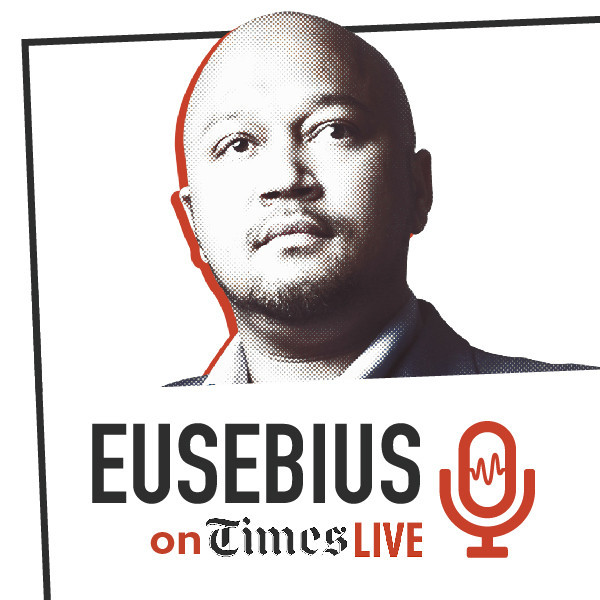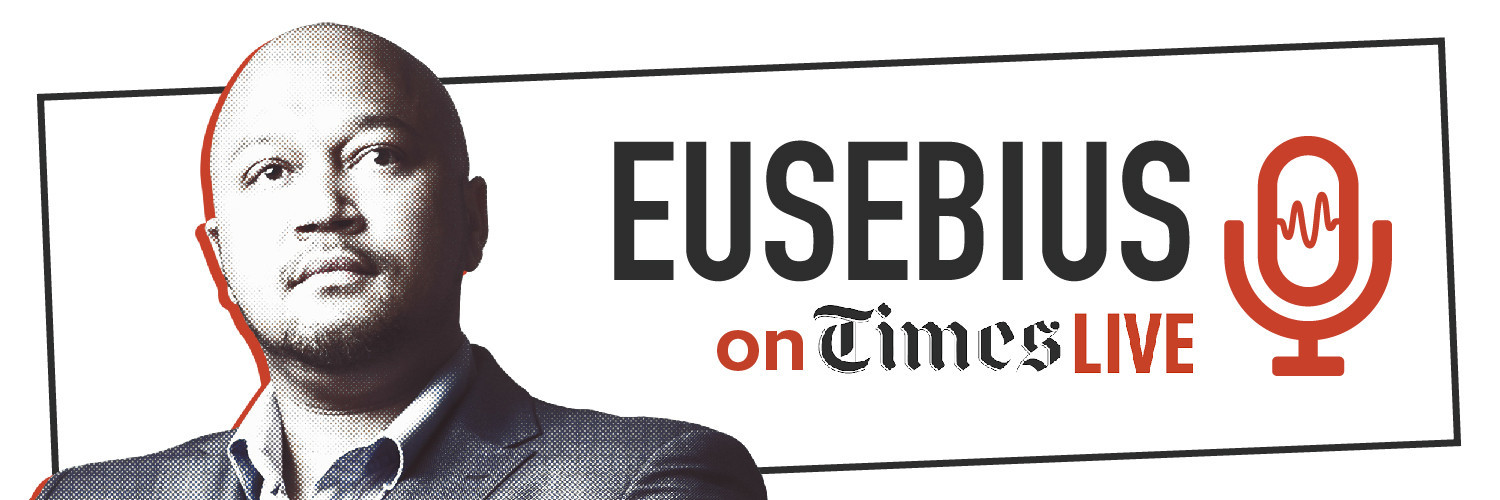
What does it all mean? Three crucial insights from part one of the state capture report
Loading player...
In this week's edition of Eusebius on TimesLIVE, Eusebius offers some initial insights, as TimesLIVE contributor and analyst, into part one of the state capture report.
He explains the difference between ordinary corruption and state capture, and why it is crucial to understand the true nature of state capture which is worse than mere corruption.
He also argues that we should reckon, as a country, with the true total cost of state capture which includes the damaging of our constitutional architecture.
McKaiser ends his analysis by challenging civil society to reframe the question of whether or not there will be accountability as a first person question, "What will I do to hold the state and business accountable?" He agitates for civil society to leverage its collective agency to ensure that it is not business as usual now that we are empowered with the facts about what has been and is happening within the country.
He explains the difference between ordinary corruption and state capture, and why it is crucial to understand the true nature of state capture which is worse than mere corruption.
He also argues that we should reckon, as a country, with the true total cost of state capture which includes the damaging of our constitutional architecture.
McKaiser ends his analysis by challenging civil society to reframe the question of whether or not there will be accountability as a first person question, "What will I do to hold the state and business accountable?" He agitates for civil society to leverage its collective agency to ensure that it is not business as usual now that we are empowered with the facts about what has been and is happening within the country.
